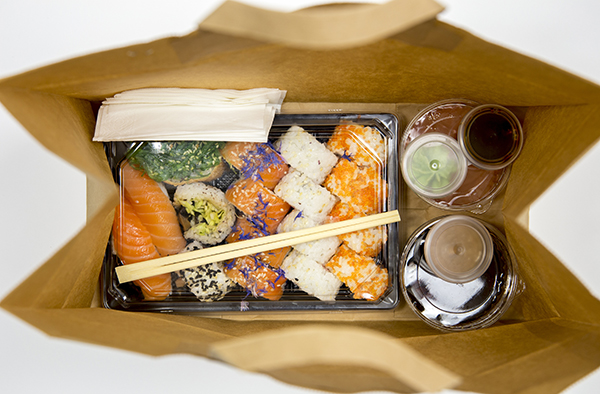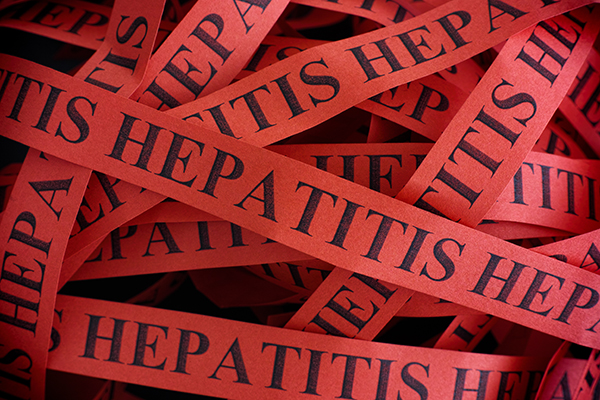Food Safety: Vision 2020
When we hear the words 2020, we usually think of having perfect vision. Periodically, we go to the eye doctor to have our eyes checked to make sure our vision is good. And, many of us have prescription lenses to recalibrate our eyes so that our vision is as near 2020 as possible.
What is your vision for your food safety plan? Is it in perfect focus? Things change, so have you done any recalibrations to make sure that your plan still meets the changing needs of your operation? Just like going to the eye doctor for a check-up, we need to evaluate how we are doing in the area of food safety, and make adjustments to make sure our vision is clear and that we are implementing practices needed to protect our customers and our brand.
Most of you know the seven principles of a Hazard Analysis Critical Control Point (HACCP) program. But what is sometimes forgotten in the “busyness” of running a foodservice operation is that HACCP is an iterative and on-going process and that as our operation changes, our HACCP program also must change. Has your menu changed? Do you have new pieces of equipment? Are you purchasing food differently? Has your state adopted a new Food Code? Any of these changes may mean that your food safety program needs to be tweaked.
The “check-up” is also a good time to make sure the food safety program is operationalized according to the plan. Are the SOPs sitting in a book on a shelf? Do you sometimes hear staff say, “The manual says to do it one way but we don’t really have to do that way”? Management by walking around – or MBWA – is part of every supervisor’s job. Observing employees’ food safety behaviors helps to identify if there is a need for program changes or additional employee training and supervision. In past blogs we have provided checklists for back and front of house, so check them out if you think they might be useful. Here are some key behaviors you may want to observe as part of your MBWA:
- Are employees washing their hands when needed and in the correct way?
- Are employees wearing disposable gloves when needed and changing them when they should?
- Do employees check temperatures of refrigerators and freezers?
- Are foods stored properly?
- Are end-point cooking temperatures checked?
- Are foods held at the appropriate temperature?
- Are ready-to-eat foods handled properly?
- Are cleaning and sanitizing of dishes, silverware, equipment, and work surfaces being done appropriately?
- Are measures in place to protect against cross-contamination?
- Is there documentation of food safety practices?
While these behaviors are basic, sometimes they are not performed consistently. When things get busy, workers may let these good practices slip. For instance, employee handwashing should be more than a “splash and dash”. Just like thermometers need to be calibrated in order to be effective, employees also benefit from periodic check-ups and coaching. Remember, 2020 vision for our food safety programs provides clear guidance on how to avoid foodborne illnesses. Risk nothing!










